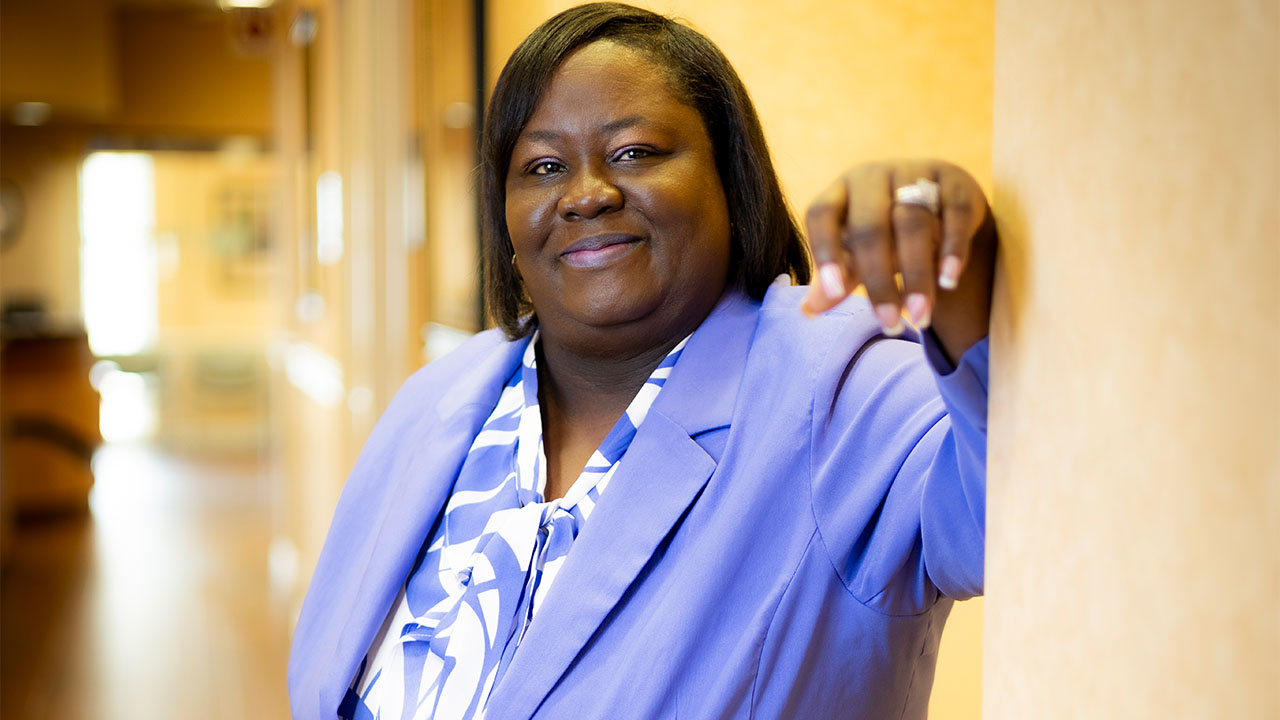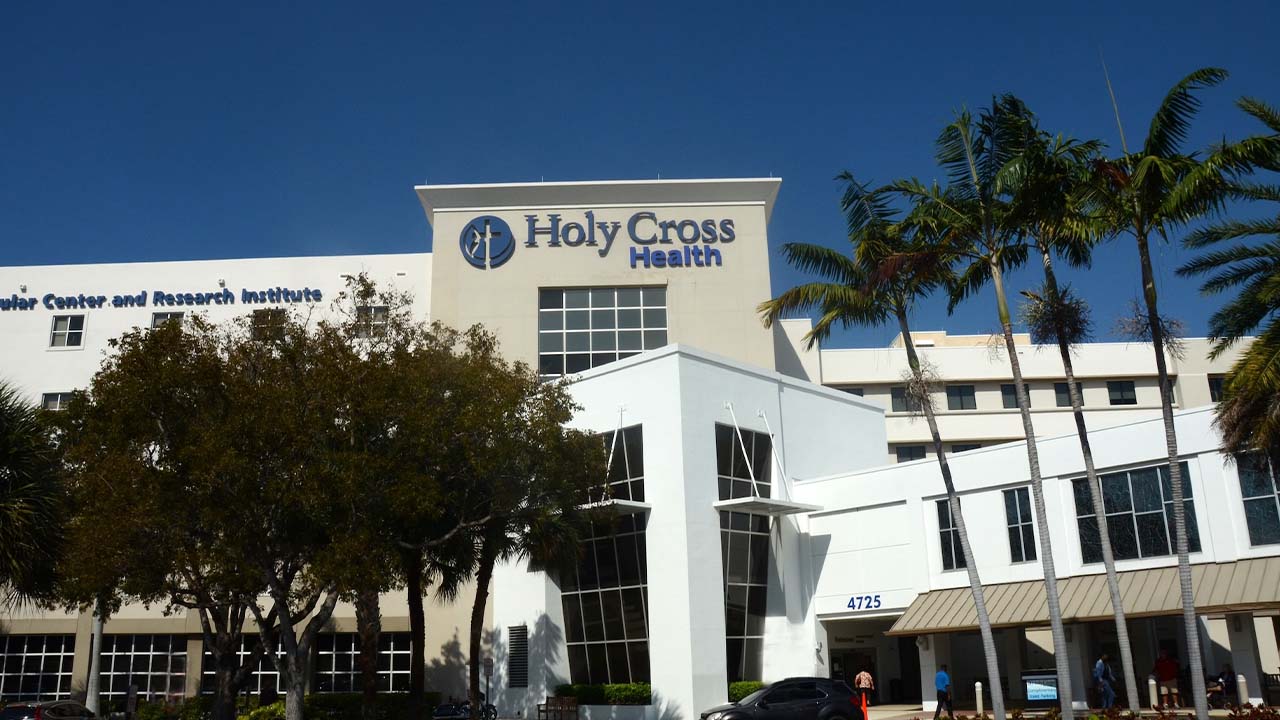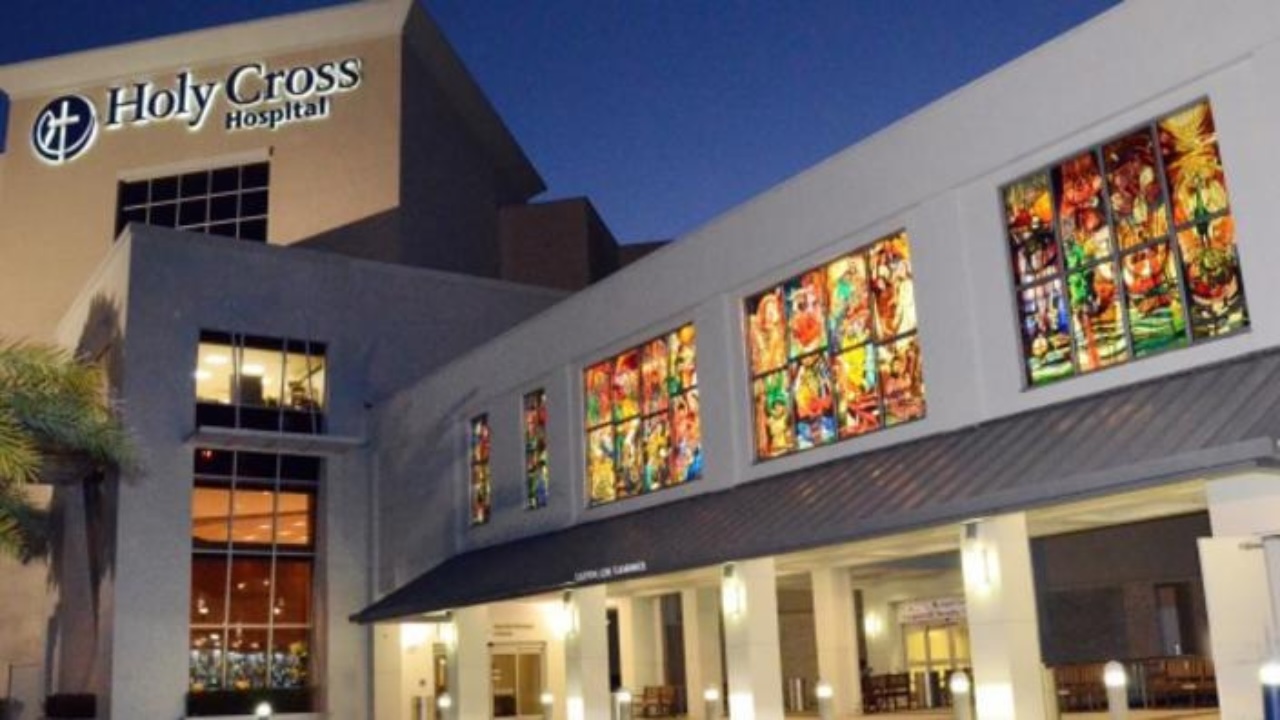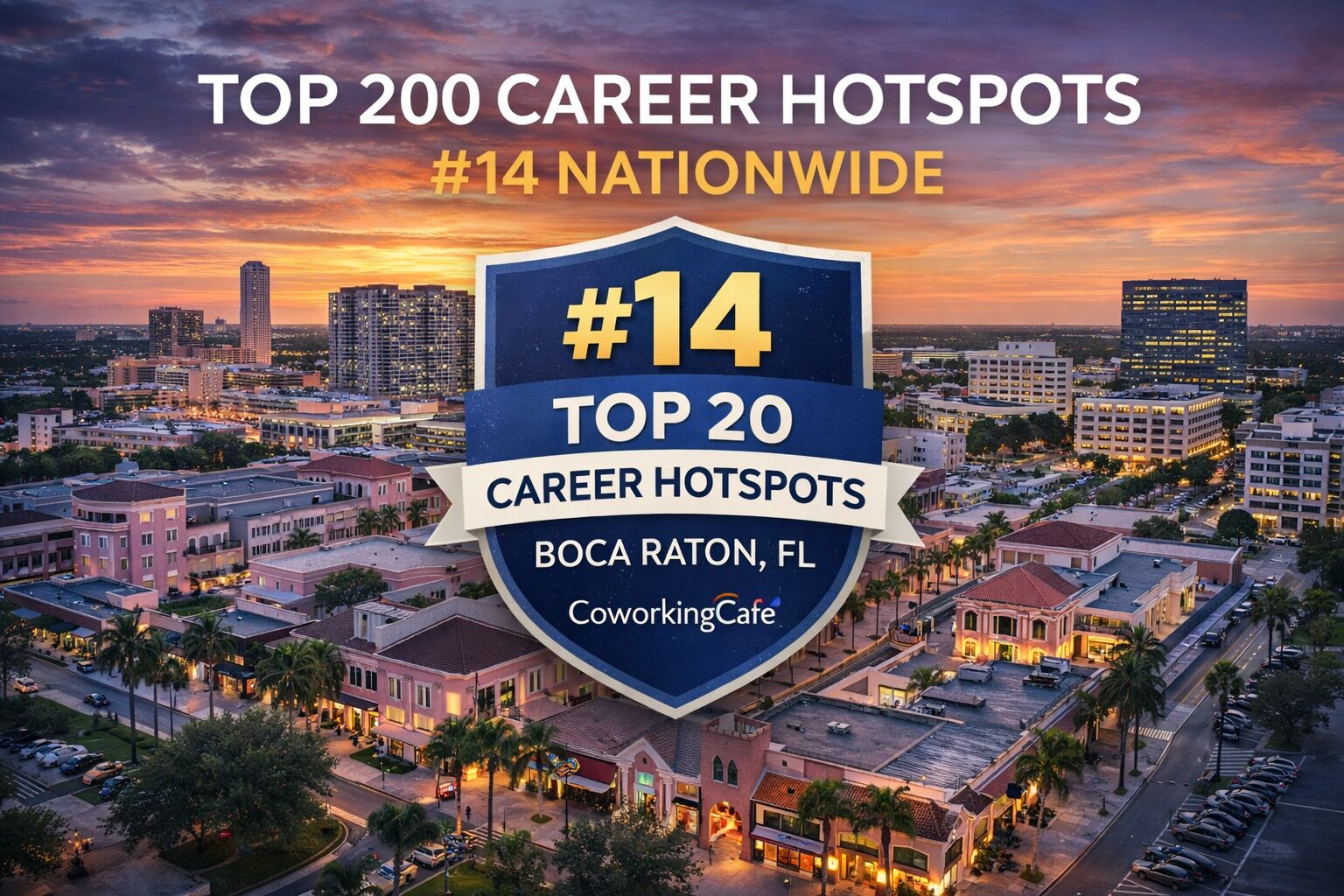After Tammy Scott-Reese gave birth to her third child at age 30, the now-director of care management and population health management for Memorial Healthcare System developed a cough that she figured was connected to little more than a simple bug.
“It was January, and it was really cold, so I just put on my socks and started taking Robitussin, never thinking anything was wrong,” she remembers.
Two weeks later, the cough was still strong, and Scott-Reese had grown weak.
“I started to notice that I couldn’t tote the baby,” says Scott-Reese, who was in nursing school at the time. “She was only five pounds, but I couldn’t tote her far.”
One afternoon, Scott-Reese called a girlfriend who was a working nurse. Startled by the sound of Scott-Reese’s voice, the friend grew concerned.
“Why do you sound like that?” her friend asked.
Scott-Reese’s friend recognized the signs: “You need to go to the hospital right now,” she said.
After some blood tests, a doctor gave his solemn warning:
“If you leave this hospital, you may not make it back alive,” he said. “You don’t have a cold. You’re in chronic heart failure.”
The news shocked Scott-Reese, who quickly learned that her condition was a postpartum effect of preeclampsia, a serious blood pressure condition that develops during pregnancy (typically after the 20th week).
The condition can cause headaches, chest pain, shortness of breath, swelling of the hands and feet, elevated protein levels in urine, and kidney or liver dysfunction. Following the birth of the baby, new mothers can experience postpartum preeclampsia, which can cause seizures, organ damage, stroke and heart failure. In addition to being a serious health complication in the moment, the American Heart Association reports that preeclampsia also puts women at a higher risk for heart disease in the future.
Preeclampsia is one of the leading causes of maternal deaths worldwide; the condition and its associated complications account for between 10 to 15 percent of maternal deaths. African American women, in particular, are at risk. According to the Agency for Healthcare Research and Quality, African American women are 60 percent more likely to suffer from preeclampsia while pregnant—and develop severe preeclampsia—compared to white women in the United States. They are also three to four times more likely to die from pregnancy-related causes than white women, according to the U.S. Centers for Disease Control and Prevention.
The cause for this racial discrepancy is not entirely known, but research gathered by the Boston Birth Cohort study and published by Johns Hopkins University concluded that some “combination of biological, social and cultural factors—and not race alone—is likely responsible for higher rates of preeclampsia among Black women born specifically in the United States.”
Maternal death and its causes are topics of serious concern in the United States, which, despite spending more money per capita on maternal health than any country in the world, ranks 62nd in maternal deaths. According to Every Mother Counts, an advocacy group, the number of women who die giving birth in America each year has nearly doubled in the last two decades. The nation is the only high-resource country with a consistently rising maternal mortality rate. Equally startling is the reality that more than 80 percent of maternal deaths in the U.S. can be prevented.
As Scott-Reese began uncovering facts like these, she grew more and more passionate about trying to stop preventable maternal deaths by educating others on the condition that nearly took her life. The mission would become an undercurrent propelling Scott-Reese’s nursing career.
Her experience with preeclampsia, however, was not the birthplace of her motivation to become a nurse. Scott-Reese became a teenage mother at 13, and had her second child at 15. The nurses who mentored her during her teenage pregnancies inspired her.
“I was so grateful for those nurses that educated me, talked to me, and gave me those hard lessons when I needed to have them,” Scott-Reese says “[At the same time, they] were also nurturing. After I graduated high school, I said, ‘I need to give back because someone gave to me.’ So that’s kind of where my journey started into health care.”
The path was an unprecedented one in her family. Scott-Reese’s mother only had a fifth-grade education; her father only an 11th-grade education. She remembers in elementary school teaching her own mother how to spell using her spelling tests. Scott-Reese was the oldest of four siblings. With two children of her own, and four younger siblings, she became a natural caretaker.
“That’s kind of where my leadership started,” she remembers.
She pushed past many financial obstacles and life hurdles to finally make her way to nursing school by her late 20s. She was still a nursing student when she became pregnant with her third child. Surviving near-fatal chronic heart failure cemented her commitment to finishing nursing school and influenced her career course.
“I took a path to learn and work with patients who have heart conditions,” Scott-Reese says. “I needed to really understand what heart failure is. What’s happening within the body? And how do conditions like preeclampsia affect it?”
Scott-Reese progressed to several different units, including time with teams in cardiac and neuro care; along the way, she gained a wide-ranging understanding of the body’s systems. In 2012, she took this knowledge and joined the primary care team at Memorial. There, she was fortunate to connect with Memorial Health System’s then-ambulatory vice president, Melida Akiti, who believed in Scott-Reese’s vision to lead a program to educate at-risk mothers on preeclampsia.
Together, they launched a new initiative, the OB Navigator program, at Memorial’s three birthing centers in South Florida. The program uses Memorial’s electronic record platform to identify mothers who have hypertension during pregnancy, or who have warning signs in the 12 weeks following their pregnancy. Those mothers are contacted by a member of the OB Navigator staff to enroll them in the program. Mothers are educated about preeclampsia, hypertension and how to monitor their blood pressure.
“If a woman does not have access to a blood pressure cuff, we’ll provide her one,” Scott-Reese says.
Mothers in the program report their blood pressure and are contacted every three days by a nurse or case manager who monitors their results. If necessary, follow-up appointments are scheduled. The program helps prevent women from developing serious, even life-threatening complications.
The OB Navigator program is just one example of the proactive approach to medicine that Scott-Reese understands can save lives. As the director of population health management, Scott-Reese also helped implement a remote patient monitoring program which, similar to the OB Navigator program, matches case managers, health coaches and social workers with patients to create health-care plans, implement preventive treatments, monitor conditions like hypertension or diabetes, and provide in-home medical equipment such as blood pressure cuffs, scales and pulse oximeter meters. Scott-Reese’s team of 28 full-time employees also addresses an individual’s social determinants of health.
“It’s important that we take care of your social needs as well,” Scott-Reese says. “If an individual tells us that they don’t have food to eat, we’re going to work to help that person get the resources that they need.”
This take-charge approach to medicine places great emphasis on outreach, prevention, monitoring and coaching. Scott-Reese sees Memorial’s Navigator model as one that could be expanded to help patients with other ailments.
“There’s a need for programs for diabetes, rheumatoid arthritis, and especially cardiovascular and bleeding disorders,” Scott-Reese says. “We are looking in the very near future to be able to expand those diagnoses and implement programs to manage and monitor care.”
Reflecting on her own past, from oldest sibling of four, to teenage mother, survivor, inspired nurse and now director, Scott-Reese said she’s humbled by her journey.
“I didn’t realize that my early years were defining moments for becoming a leader, or how they would impact my life,” she says. “I’m grateful.”
Photos by Eduardo Schneider
Shot on location at Memorial Primary Care in Hollywood














